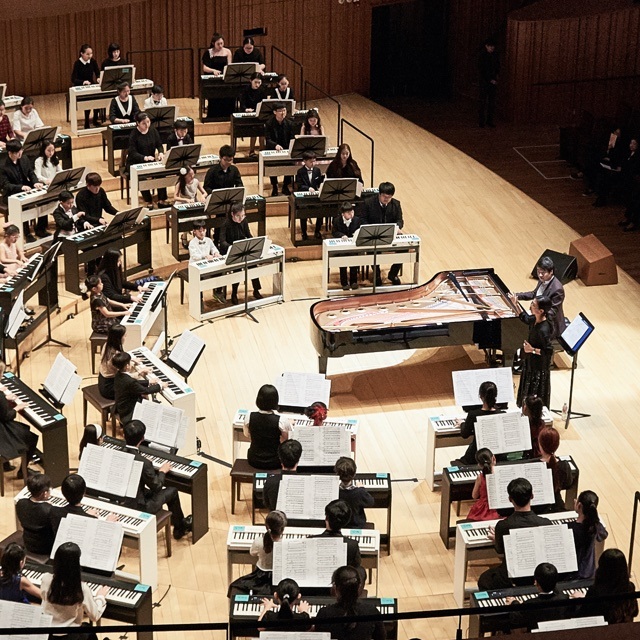Why Music?
More than two hundred neuroscientists around the world are involved in researching the effect of music on brain function and structure.
The following are a collection of reports detailing the discoveries that have been made in this field.
Child Development
Musical experience draws on nearly every region of the brain, making music an ideal experimental tool to explore brain function. In a recent breakthrough, neuroscientists are demonstrating that there is a causal connection between music study and cognitive growth. The use of technologies such as functional Magnetic Resonance Imaging (fMRI) and electroencephalography (EEG) has given researchers a better understanding of exactly what happens inside the brain when it processes music and how this activity contributes to better learning and functioning. The research is showing that learning to play an instrument leads to changes in a child’s brain that make it more likely they will reach their full cognitive and academic potential.

The Benefits of Music Education
Neuroscientists have demonstrated that learning to play an instrument or sing leads to changes in a child’s brain that make it more likely they will reach their full cognitive and academic potential. The following infographic demonstrates that a proficiency in music will lead to improved test scores, resulting in higher rates of academic achievement.
Structured Music Education: The Pathway to Success – Infographic
Achieving a level of musical proficiency requires a structured program conducted by passionate, qualified teachers. This overview provides a glance at how a strong collaboration between students, parents, and educators creates a safe space in which to build the foundation for a lifetime of music-making.
Structured Music Education: The Pathway to Success – Report
“There is a growing (and convincing) body of research that indicates a ‘window of opportunity’ from birth to age nine for developing a musical sensibility within children. During this time, the mental structures and mechanisms associated with processing and understanding music are in the prime stages of development, making it of utmost importance to expose children in this age range to music.”
— PBS Parents, Music & Arts, “What’s the Right Age to Begin Music Lessons?”
